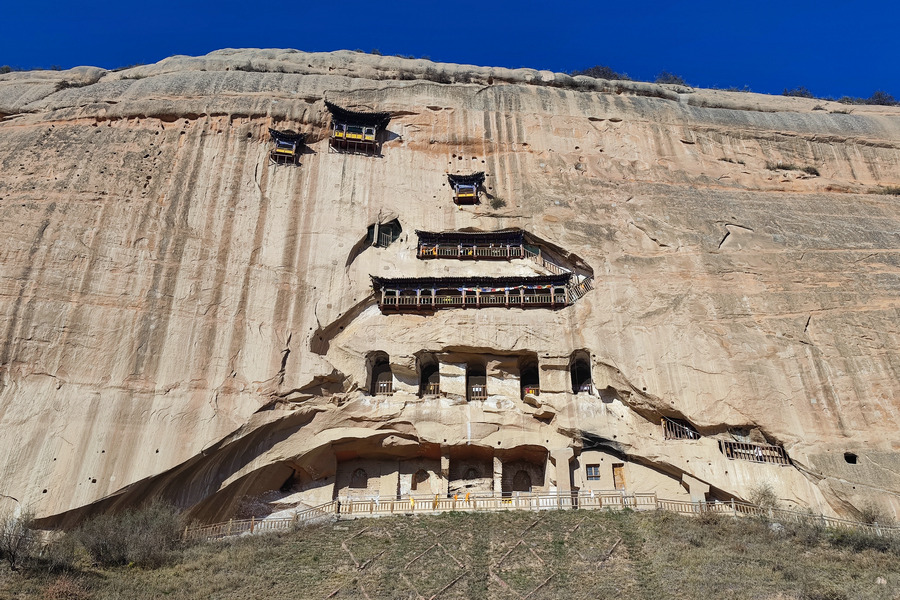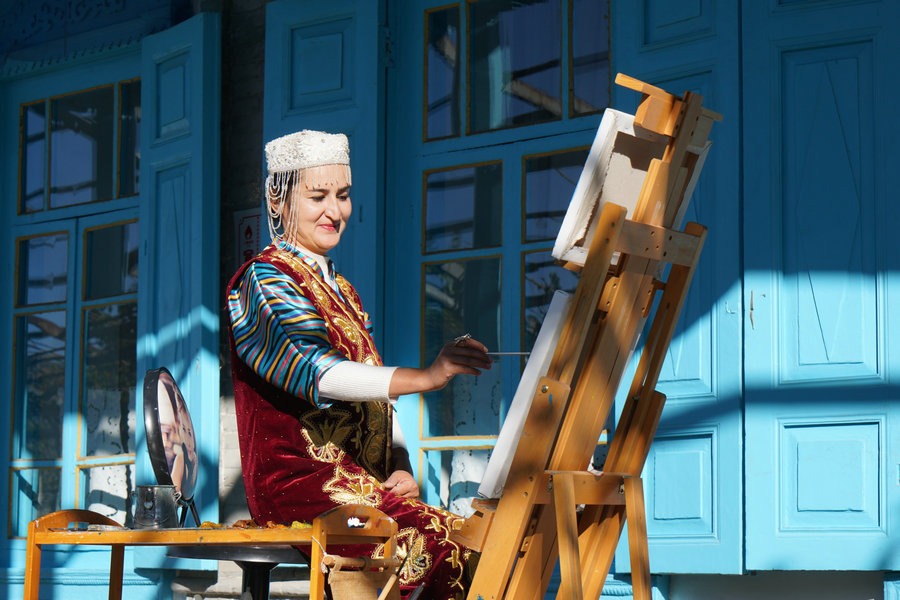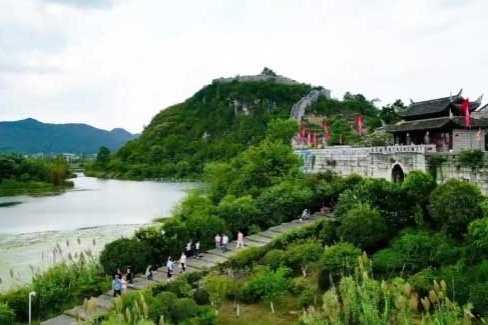The green experience


A once barren town is now a haven for nature lovers, Chen Meiling reports in Nyingchi, Tibet.
Lunang, a town in Nyingchi, Tibet autonomous region, which once depended on lumbering has transformed into a hot ecotourism scenic spot where tourists, who are suffocated by the crowds and chaos of cities, can enjoy its pastoral beauty and experience its traditional culture.
Its idyllic landscape has earned Lunang the nickname "Switzerland of the East", where visitors can see a sea of flowers, forests and clouds, ride horses, shoot arrows, pick mushrooms and enjoy Tibetan cuisine.
The town began to receive visitors from early 2017 and saw more than 1 million visits in 2018. It now has a number of five-star hotels, family inns, restaurants and a tourist information center - all with wooden roofs and white walls - a far cry from 20 years ago when most of the local residents lived off logging, and the town had only two or three stores.
"In the old days, the mountains were barren due to logging. And sometimes houses were damaged by mudslides," says Gao Jun, the Party chief of Norbu village in Lunang.
Now logging is prohibited and many families have members working as forest rangers.
"No geological disaster occurred over the last two years. And many people have opened bed-and-breakfast inns or restaurants. We live off tourism now," says Gao.
According to Gao, over 40 from the 62 families in Norbu have rooms for tourists. And Gao has about 40 beds in his house and earned about 200,000 yuan ($29,800) from tourism in 2018.

































